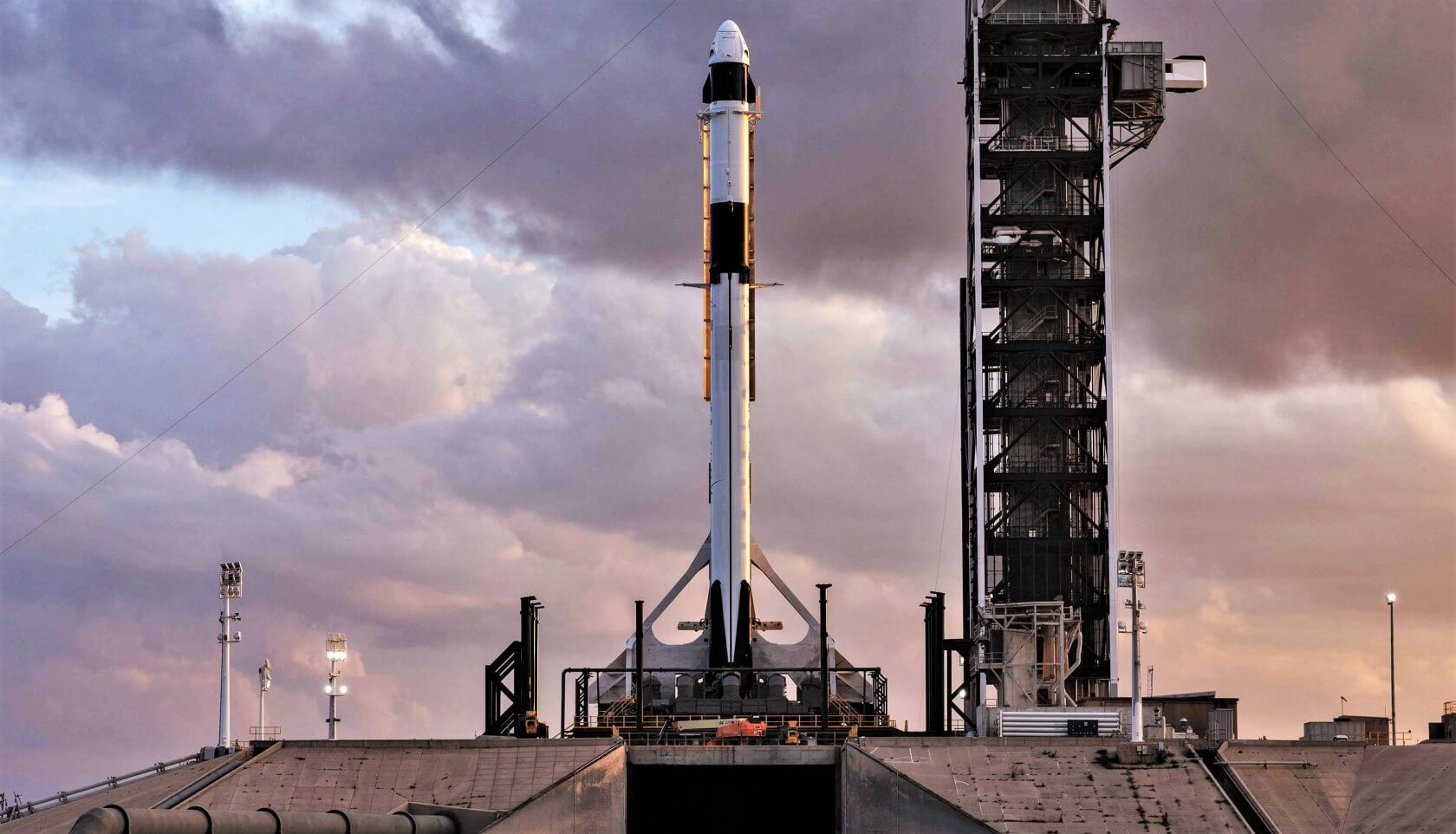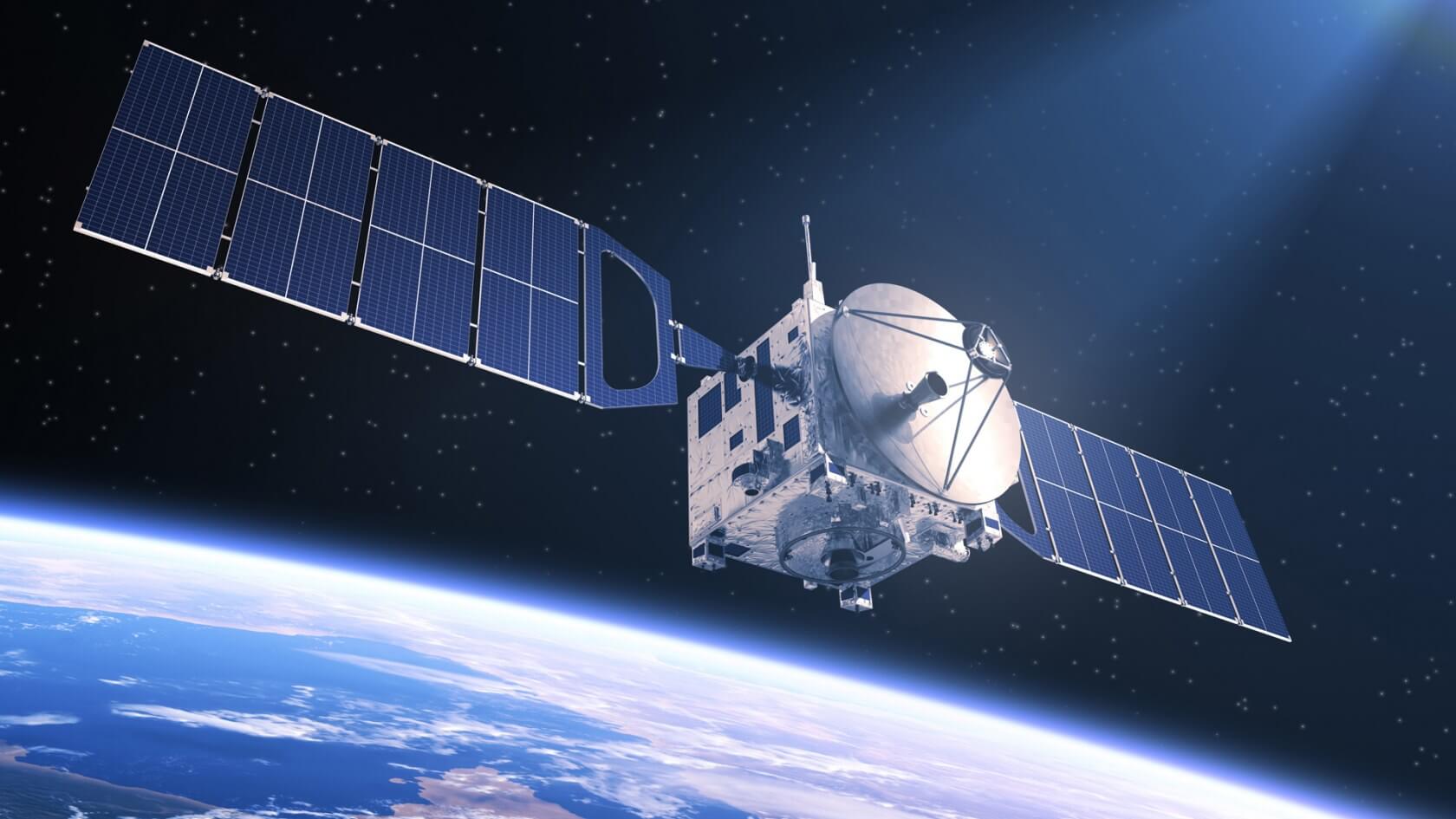Why it matters: Space companies like SpaceX are working hard to construct capsules that can ferry humans throughout the solar system -- to Mars and the Moon, in particular -- but that sort of tech is still a ways off. In the meantime, SpaceX is looking to generate extra revenue by offering up cargo space on their rockets to companies with an interest in launching satellites.

This idea has been dubbed "rocket rideshares" by SpaceX, and that's a pretty apt term. In essence, SpaceX is essentially looking to create an Uber for satellites, which could be a win-win for all parties involved.
Companies on the ground can benefit by being given a vehicle specifically intended to transport their devices (eliminating the "tag-along" compromises that they've previously dealt with), and SpaceX benefits by making money and obtaining some goodwill from other companies in the tech industry.

So, how will this whole concept work? On paper, it's simple: SpaceX will use its new "SmallSat RideShare Program" (SRP) to accept satellite payloads from various groups. These satellites will ride on SpaceX's Falcon 9 rocket during regularly scheduled missions at a "fraction" of the price that is often charged: as low as $2.25 million per mission (for up to 150kg of mass), the space giant says.
SpaceX insists that, because these smaller satellites are the entire focus of the missions in question rather than an afterthought, they will not be "held up" by delays caused by bigger, more important co-passengers. This satellite-specific mission structure is also the reason for the SRP's lower price.
The first SRP rideshare will launch sometime between November 2020 and March 2021. After that, further flights will take place on a seemingly-annual basis, during Q1 of 2022 and 2023.